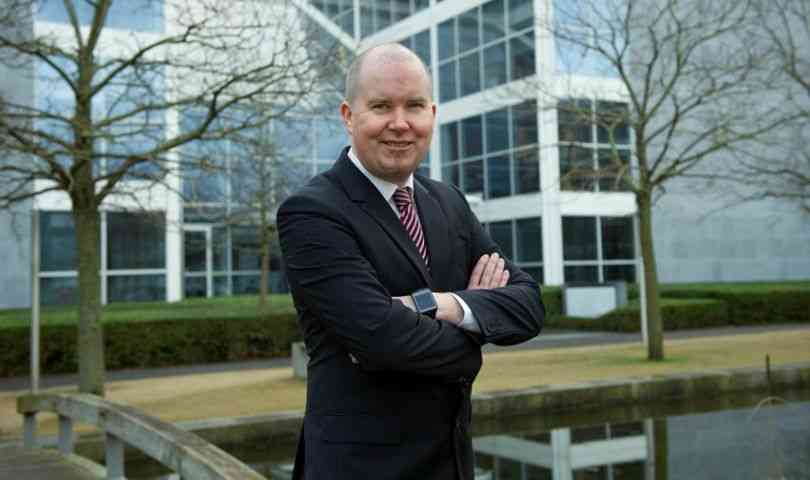Irish SMEs dedicate an average of only four hours to social media marketing weekly, according to a survey by Virgin Media. Of respondents who say they use social media, 38% report it hasn't contributed to the growth of their business.
“This is an interesting finding and may indicate that SMEs have difficulty in realising the potential of social media due to a lack of resources,” said Gavan Smyth (pictured), Vice President for Business Markets, Virgin Media Ireland.
He added that four hours of social media per week "is probably not sufficient to make a real difference to the bottom line for most businesses."
While a slight majority of firms have a Facebook page, less than a quarter use Twitter and 26% use LinkedIn for corporate or personal purposes. As illustrated in the infographic below, Cork trails Dublin in social media usage by SMEs.
The Virgin Media research was carried out by Amárach Research, where the leaders of 200 companies with 1-12 employees were interviewed directly.
Other Findings
Aside from respondents' mixed views on social media, 85% of them expect good growth over the next 12 to 24 months. This positive outlook has implications for employment, with 37% expecting to increase their number of employees over the same period.
Additionally, more than half of the companies expect total revenues to increase and productivity to improve.
“These results are very encouraging and show that the recovery is now firmly established in the SME sector,” said Smyth. “When growth forecasts translate into hiring intentions it is good news for everyone.”
Three-quarters of SMEs now have a business website, and of these, 36% are e-commerce enabled.
More than a quarter of Irish SMEs are now engaging in e-commerce, which is very positive considering the EU average is around 18%. In addition, more than two-thirds of those with a business site have it optimised to work across a variety of different platforms such as laptop and smartphones. It’s clear that Irish businesses are recognising the value of an online presence as well as the e-commerce channel,” said Smyth.
“Those companies with e-commerce enabled websites reported that, on average, one third of their sales came from that channel. This is a very important finding and is in line with the Government’s recent research in relation to its Trading Online Voucher scheme which showed that businesses which had taken part had increased sales by an average of 21%.”
Smyth continued to say that observations of a 'dual economy,' in which economic recover is limited to Dublin and one or two other main cities, are unfounded based on Virgin Media's research.
"This is not borne out by the findings of this research which show that businesses throughout the country are equally optimistic and positive when it comes to growth prospects and hiring intentions. With more businesses going online and availing of the competitive advantages and efficiencies offered by high speed, high quality broadband the very good news is that the benefits of the digital economy are being felt throughout the whole of Ireland.”









